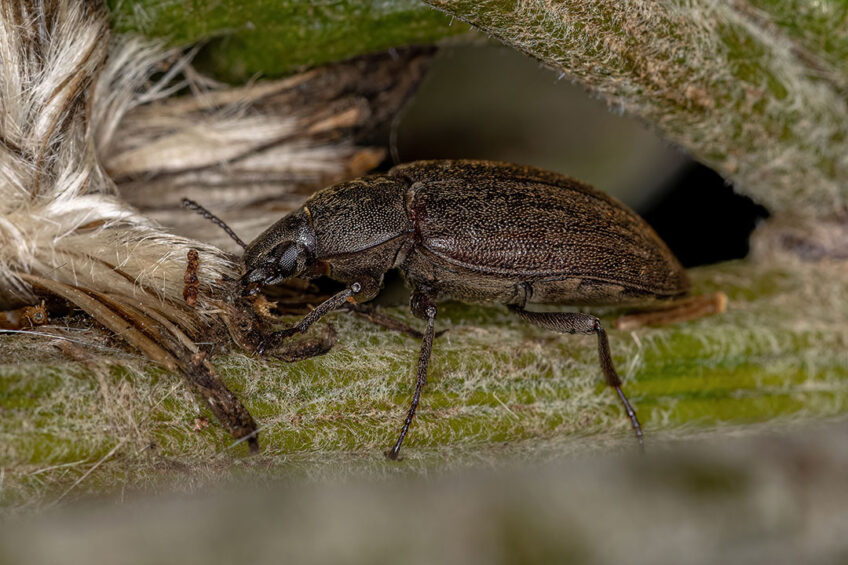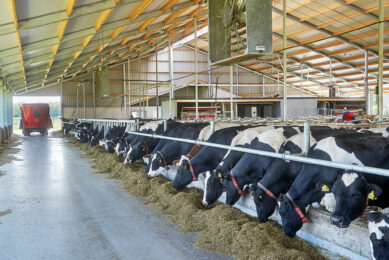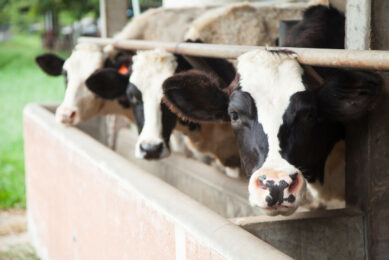Microalgae digested by insects boost dairy cows’ immunity

A group of scientists from the North-Caucasus Federal University, Russia, said a biomass of microalgae digested by insects could serve as a base for functional nutrition for milk cows and other agricultural animals. The innovative technology promises to improve immune response, among other things, the scientists told local publication Gazeta.
Farms frequently use cheap feed, plus to compensate for the weak immunity of agricultural animals use veterinary pharmaceuticals in large volumes, the scientists said, explaining the need for new feeding solutions.
Indeed, the veterinary system in Russia is built in a way that allows farmers to use some veterinary pharmaceuticals during fattening in virtually unlimited quantities. The Russian veterinary regulations demand that no antibiotics above the permitted limits be found in finished products like meat, milk and eggs. Usually, this means that farmers must refrain from using drugs only several days before slaughter.
Finding the best insect
Working on the product, the scientists tested several types of insects used in the animal feed industry.
“We tried the black soldier fly. We also looked at cockroaches, crickets, grasshoppers, and locusts. But in the end, the choice was made on the darkling beetle, or more precisely one of its species – zophobas morio,” Andrey Nagdalyan, associate professor of food technology and engineering at the North-Caucasus University, said.
“Their larvae grow to 6 centimetres; they are not cannibalising each other, and for them, it is easy to create the required living conditions,” Nagdalyan said, explaining the benefits of the darkling beetle.
…beetles converted the microalgae into biomass, which was successfully used in feeding cows
Microalgae difficult to digest in its natural form
During the experiment, insects fed on Chlorella vulgaris, a popular microalgae. It is rich in nutrients and is already used in the form of a suspension as a feed additive in the diet of farm animals, the scientists stated.
However, in its original form, its cell wall is so strong that the cattle digestive system cannot break it down. As a result, the cow does not absorb the necessary vitamins and microelements. But if the algae are digested by beetles in advance, its nutritional value for the cow tremendously improves, the scientists noted.
Commercialisation plans
During the study, beetles converted the microalgae into biomass, which was successfully used in feeding cows. As explained by the representatives of the North-Caucasus University, only the first part of the study has been completed.
There are preliminary plans to find investors to launch an industrial biomass production from the microalgae. Several local businesses have already expressed their interest in the technology, the scientists said, not providing additional details.











